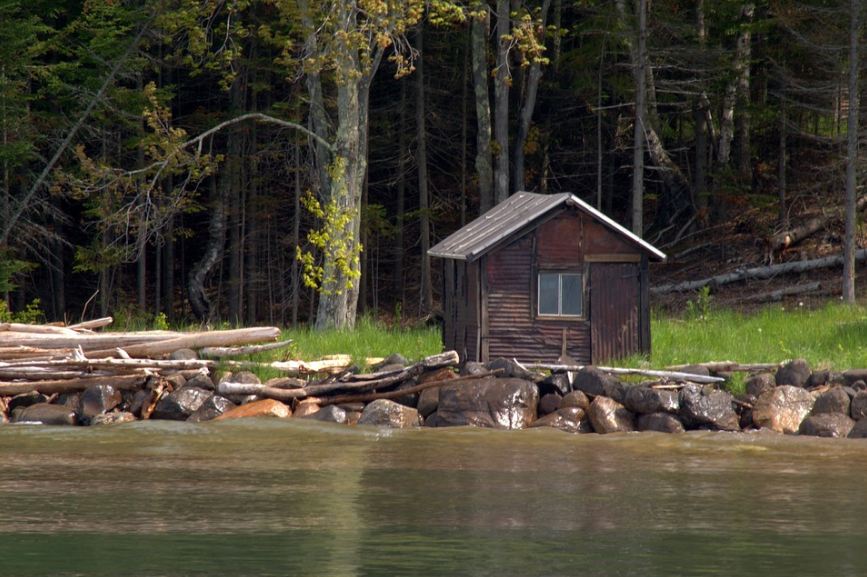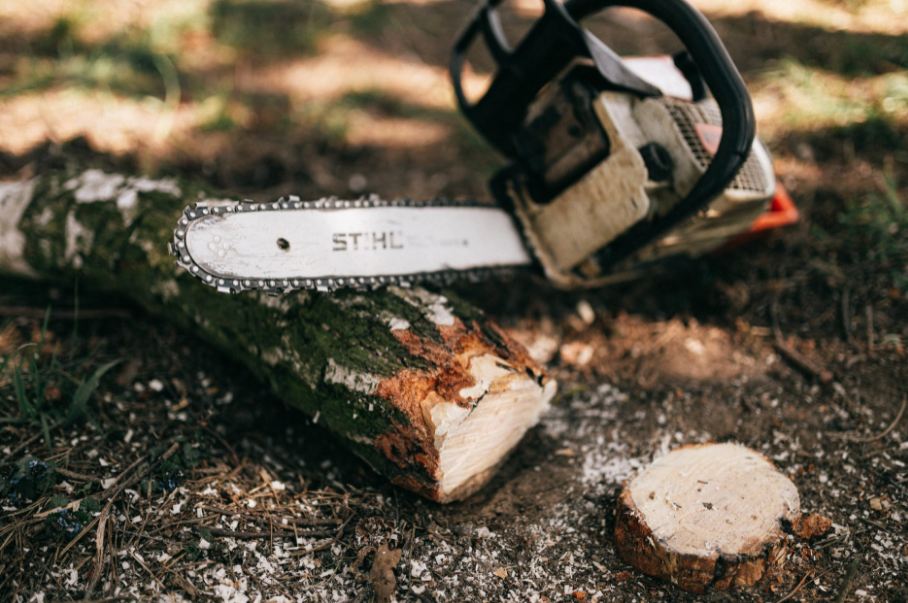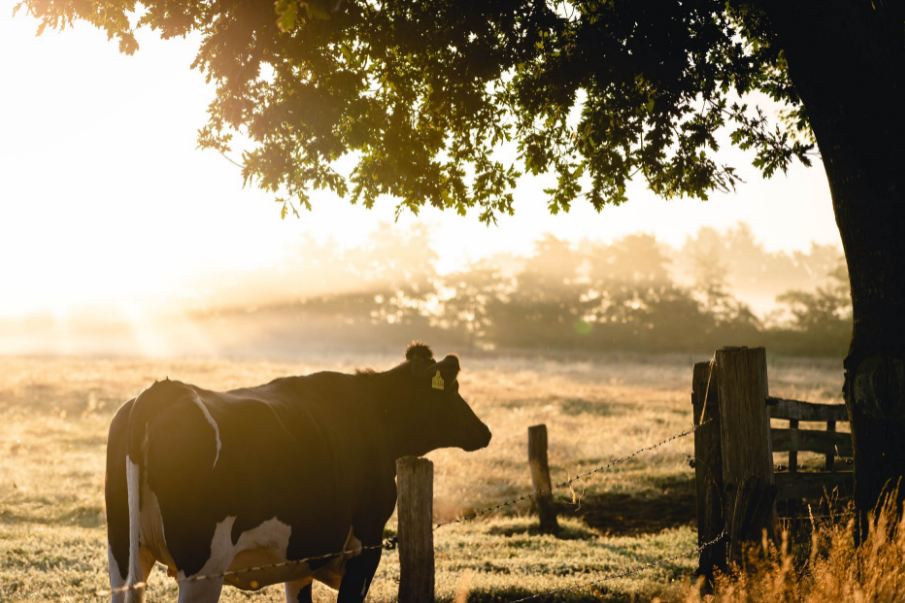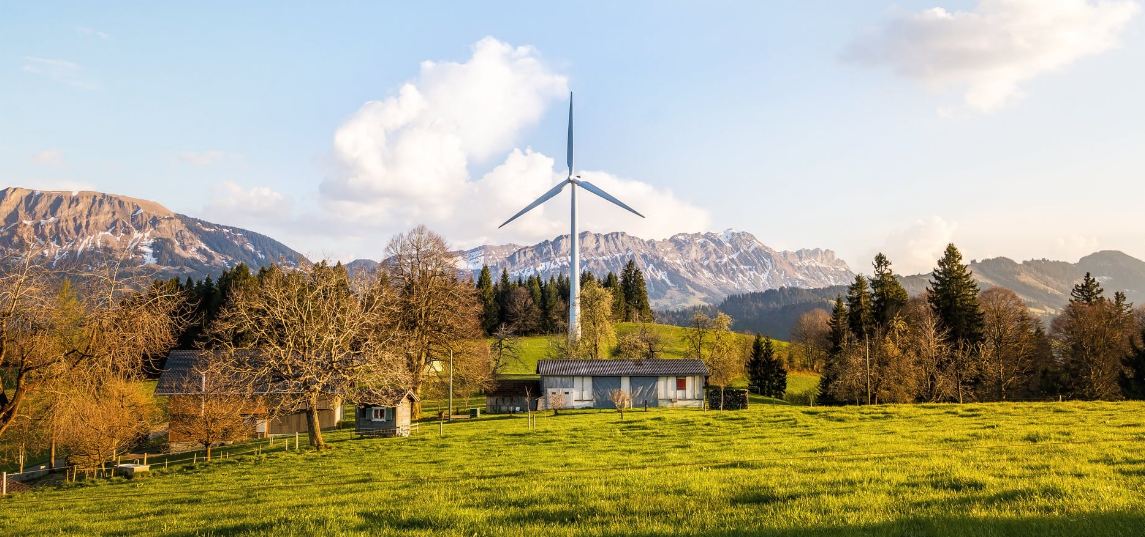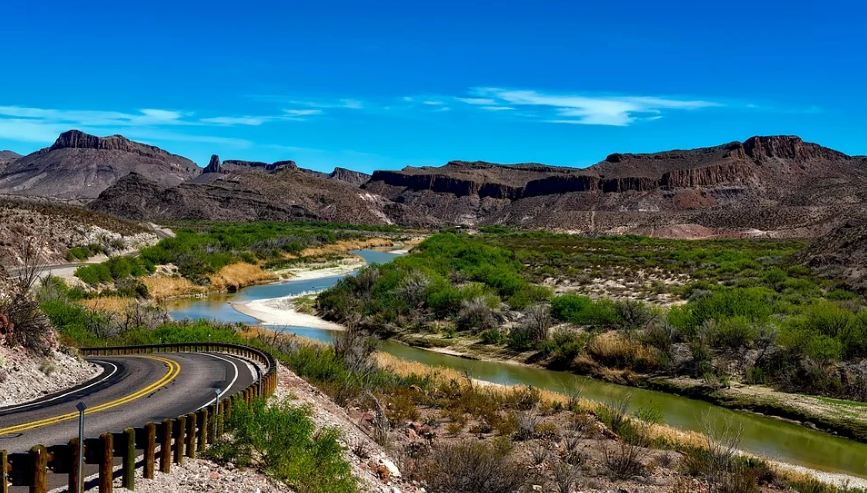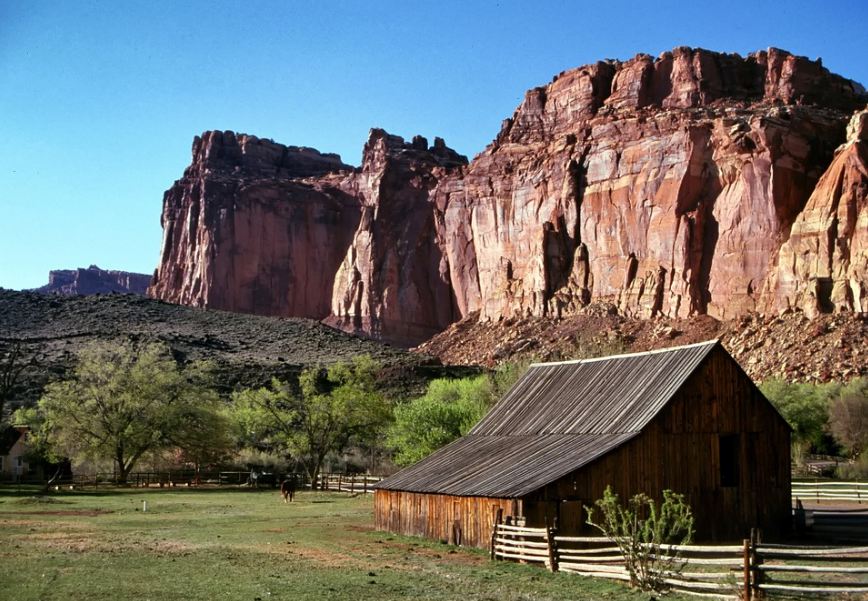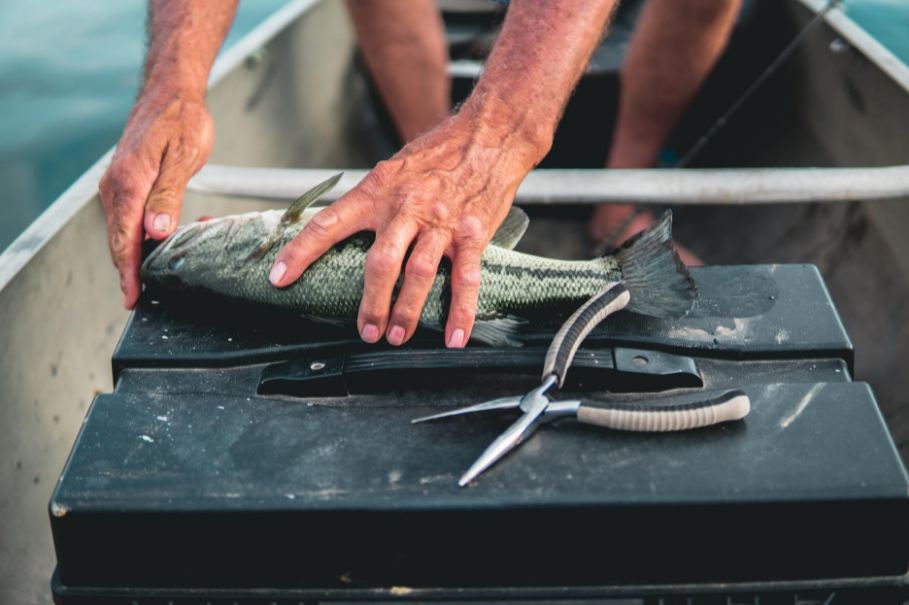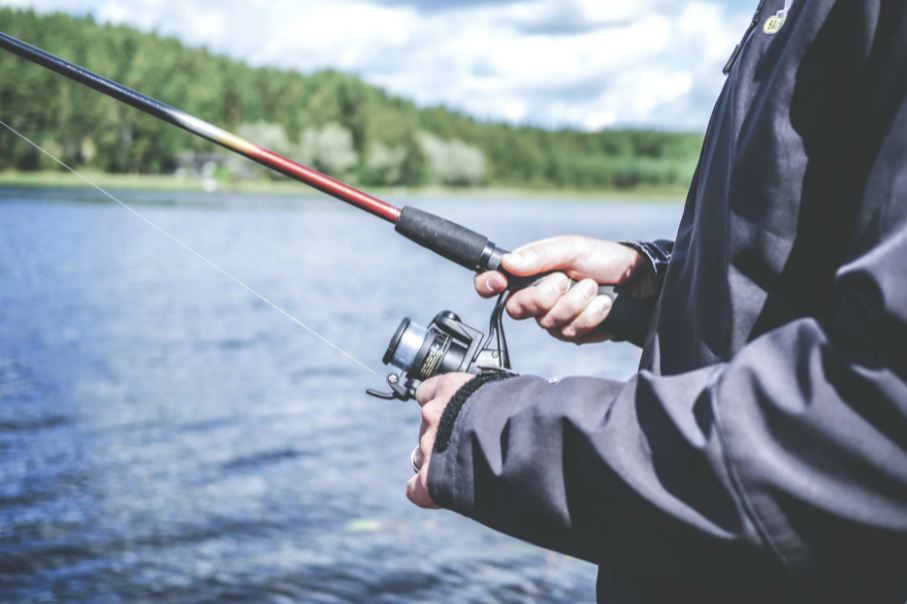The hectic work schedules and the mundane routines oft push us to wonder how simple life would have been in the past. Our ancestors were more attuned to nature and themselves than just aimlessly scrolling through our phones as we usually do now. Our goals usually revolve around how to earn more and more money to buy more and more things. The material competitiveness was lesser in the past, and hence, the people had happier more content lives.
This epiphany, at times, leads individuals to wrap things up and go and start living off the grid. Living such a life has its pros and cons, but we would say the pros outweigh the cons here. It is a great way to keep yourself away from all the unnecessary hustle and bustle of city life. And if you have children, off-the-grid living is ideal for teaching your children how to live a self-sufficient and fulfilling life.
But before you get excited and decide to live in an off-the-grid setup, you need to answer a few questions and do a bit of research. Some of the questions you should be asking yourself are:
- Are you ready for an entire change in lifestyle?
- Have you thoroughly studied what the challenges are?
- Do you have the flexibility to adapt to off-the-grid living?
- Do you think you can pull it off in the long run?
- Do you have the necessary skills to build, grow, and generate your resources? etc.
The idea is to understand all the challenges and changes that you may encounter once you take the step. Once you know what you should be expecting, you are better positioned to make a wise choice. The next step is to decide which state to choose for your off-grid journey. To decide this, you need to analyze which state offers you the best living environment. There are a few factors we believe you should consider:
- Security
- Property Costs
- Climate
- State Laws governing off-grid living
- Land Quality
- Population
- Risk of Natural Disasters
Based on the factors mentioned above, here we list down the states we believe are ideal for off the grid living:
1. Missouri:
If you are planning to start your off-grid living, then Missouri is perfect for it. The state encourages off-grid living and offers several incentives and rebates for wind and solar power systems. The winters here are short and mild, which makes farming easy. There are not many strict regulations, which means you can build the life you desire.
However, the crime rate in Missouri is quite high, which makes security an issue. But the cost of living is cheap here. The schooling system in Missouri is bad, but if you plan to go completely off grid and home school your kids, that should not really be a problem.
2. Tennessee:
Tennessee is a state that will let you enjoy the best of all seasons. The summers are humid. The winters are quite cold; however, the rest of the seasons give you enough days for harvesting. It is known to be good for agriculture, and you can grow several crops, including corn and wheat. The cost of living is generally low. Thanks to the subtropical climate, you can also dig a well for freshwater, which is abundant in Tennessee. Since Tennessee has quite a lot of animal farms, it poses a risk for groundwater contamination. And this is why experts advise that it is best to collect rainwater than invest in a well.
As of now, there are no significant rebates or incentives offered for solar and wind power systems. However, the property costs generally in Tennessee are quite lower as compared to other states.
3. Alabama:
Alabama has the potential for tornados and hurricanes. However, the property taxes and cost of living in Alabama are quite low, making it a good option for off-grid living. Some of the counties in Alabama have zero building codes, which means you have all the freedom you need to build on your land.
However, the health and education system is not that great. The crime rate is also higher than the national average, which means security is an issue. The climate is mild, which is a plus when it comes to growing crops. There is also enough access to freshwater. One of the significant positive traits of this state is that it promotes renewable energy sources. And this is why it offers huge incentives and rebates for wind and solar power systems.
4. Oregon:
The southwestern parts of Oregon are ideal for off-the-grid living because of the climate and low land costs. The climate is amazing for agriculture and allows individuals to grow several crops such as potatoes, onions, green beans, apples, berries, plums, etc. You can also generate power using solar panels. The population density is only higher close to the cities, which is also a plus.
Oregon homes a few happy and thriving off-grid communities that share wind and solar power. The state offers many natural resources and has little to no restrictions on hunting and farming.
5. Texas:
The state of Texas has a few governing laws that make off-grid living here a little tricky. However, several other attractive characteristics make Texas a good state for going off-the-grid.
Texas has cheap property prices and a low cost of living, making it a likable state to live in. however, remember that Texas is huge, and some areas have better climates than others. Generally, East Texas has a climate that favors agriculture; otherwise, all other regions host a semi-arid climate which is not ideal for off-grid living. The crops that you can easily grow in Texas include corn, wheat, rice, sugar cane, etc.
6. Utah:
The next best state for off-grid living on our list is Utah. This state has a fairly low crime rate which makes security not a problem. If you are skeptical of that, Utah is your place for off-grid living. Although there are some restrictions and regulations on collecting rainwater, you might want to study that in detail before making a move. Summers are really hot in Utah, which implies that you will have to collect a lot of rainwater year-round.
Even though Utah houses the biggest lake, the Great Salt Lake, there is not much fish, so you will need to keep that in mind. This state does have quite hot summers, but it also has all the other three seasons. Utah also has some noticeably low property taxes and land prices.
7. Georgia:
The next stop is in Georgia. The climate in this state is perfect for agriculture, and you can grow several crops, including soybeans, corn, wheat, and cotton. The southern and northern parts of Georgia have differing climates. But generally, the winters are mild, and the summers are hot and humid.
Fortunately, Georgia gives access to lots of freshwaters. There are also no hurdles in collecting rainwater or finding groundwater. There is plenty of fish too that you can find in local rivers and lakes; these include striped bass, white bass, red drum, brook trout, etc. Fishing is a good source of food here in Georgia.
Moreover, Georgia also gives several rebates and incentives for solar and wind power systems, which is also a plus point. The property prices in Georgia are 20% lesser than the national average in the United States. The property taxes and general cost of living are also low, making Georgia an ideal place for off-grid living.
8. South Carolina:
This state has quite cheaper property rates, cost of living, and taxes. It has a subtropical climate which means hot and humid summers and mild winters. If you are not a fan of the blaring sun, then you might have difficulty adjusting here. However, such weather is ideal for agriculture. In South Carolina, you can grow peaches, oats, hay, wheat, and cotton.
South Carolina also has a lot of freshwater sources. You can get water from local streams, the ground and harvesting rainwater. Summers are long here, which gives you a huge opportunity to generate power through solar panels. There are several tax rebates and incentives given by the government for solar and wind power systems. However, the education system is bad, which means that it will be best if you homeschool your kids. The cost of living, property prices, and taxes are all cheaper than the national average.
Conclusion
Off-the-grid living can give you the much-needed change from the mundane city life. However, living off-grid comes with its own challenges and troubles. It would be best if you stayed well-equipped at all times to handle breakdowns and problems. Since you are self-sufficient, you need to rely on your skills and work for everything. And this, at times, can be difficult. Picking the right place to start your off-grid living can smooth out most of your troubles. And this is why we have built a list above for you to consider the ideal states for off-grid living. Choose any of the states mentioned above depending on what challenges you can adapt to and start your off-grid journey.
